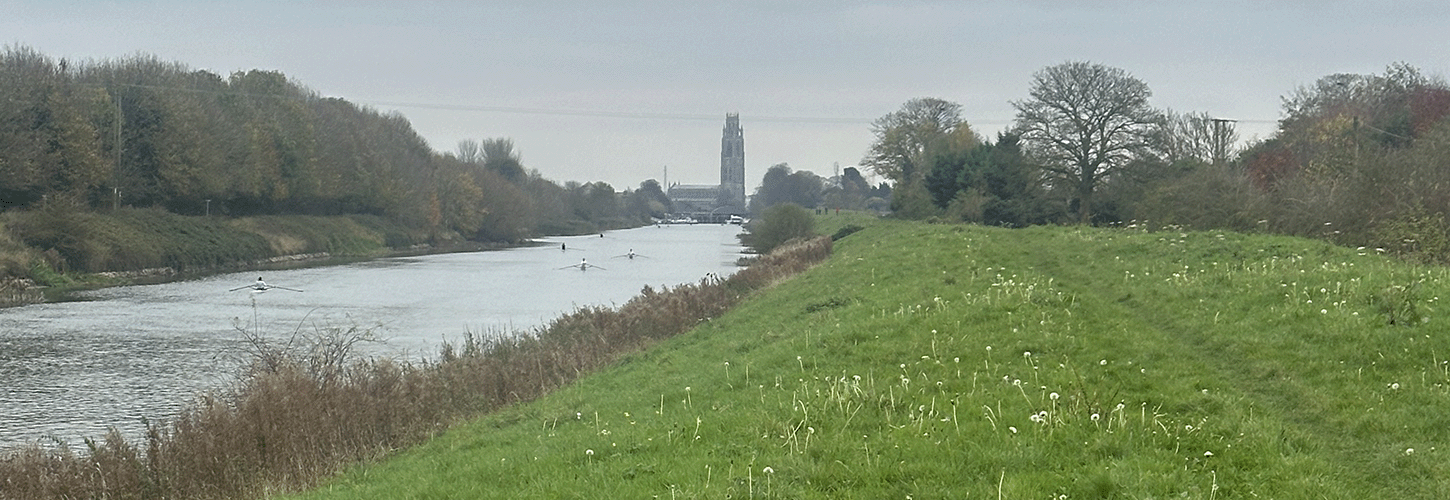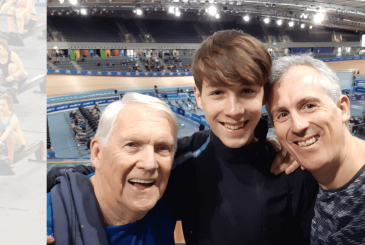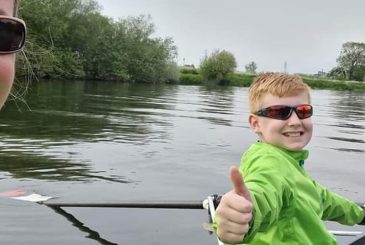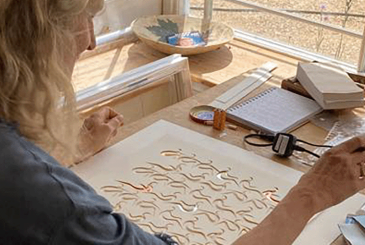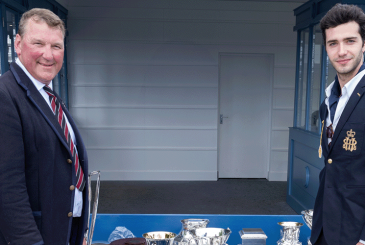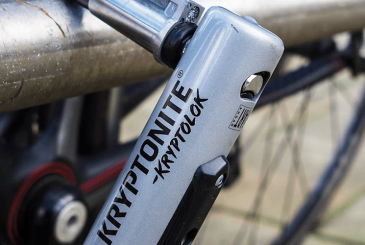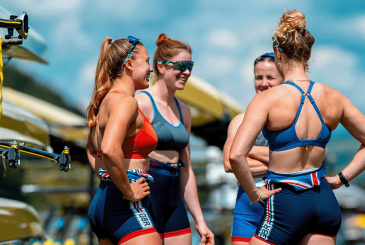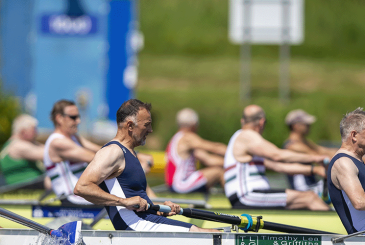There’s a lot of excitement when your child is good enough to take part in GB Rowing Team U19s trials. But it can also be an anxious time. Parent and rower Lebby Eyres talks to U19 programme manager Dan Cooper, and shares her own tips for how best to support young triallists
Many parents struggle to find the balance, thinking they are being too pushy if they constantly ask about scores and training or not supportive enough if they take a more hands off approach.
Then there is the fear of the unknown. Will you feel like a spare part? Or is your presence a boon to a coach who may have a number of triallists to look after?
What to do in the lead up to trials
Parents’ involvement in their child’s trialling journey begins right at the start of the new rowing season in September, not simply on the day they’re doing the qualification ergo test or the weekends in Boston. As Dan says, “High-performing junior athletes benefit from having high-performing parents who are aware of the challenges and the process that their child is going through and can provide adequate emotional support and help.
“I always think about the triallist as child first, person second, athlete third and rower fourth. Coaches will look after the technical and the physical, but parents play a really important role in developing the athlete’s soft skills and making sure that child is supported, and has someone to offload to.”
As a rower myself, I have to make sure I don’t cross over into tiger mum – or coach – territory. Overly ambitious parents and those who provide advice that could be contradictory can make coaches lives a misery and cause stress in the run up to trials. On the plus side, I think my son appreciates my understanding of the demands of his training programme, and nutritional needs. Support also means making sure the fridge is fully stocked with chicken breasts.
“Anything you’re going to change needs to be changed three weeks before”
Dan adds, “Good nutrition is about the healthy plate: carbs, veggies, healthy fats and protein. It’s about staying topped up, rather than trying to do something different because it’s competition day. Anything you’re going to change needs to be changed three weeks before to make sure the body doesn’t react poorly to it.” Our article on nutrition for young rowers provides some useful details.
Liaising with your child’s school
This mainly applies if, like mine, your child is training and trialling as part of a community rowing club rather than a school one. Communicate with the school ahead of trials and competitions about taking time off, and find out if they’re willing to support the process, for instance by letting them swap PE/games for a training session on land or even on the water.
Dan says, “It’s really important to have a strong link with the school because it is a massive pressure. Your children theoretically have dual careers. They’ve got academic commitments and goals they need to achieve in parallel to their rowing ones.”
What to expect when you get to Boston
Long distance trials take place at in Boston, Lincolnshire. The rowing club there is next to a residential estate, so it’s worth reminding kids they are near people’s homes – so keep the noise down, particularly early in the morning.
Most clubs and schools tend to arrive on the Friday so athletes can acclimatise, so be prepared to book time off work if you’re in charge of getting them there.
Dan says, “Be mindful there’s not a lot for a parent to do. You have to let coaches and volunteers deal with the rowing stuff, which might mean going to a café and coming back at 2pm. Afterwards, parents should make sure children are well rested, well fed, and that mentally they have a chance to decompress.”
So as ever, it’s the parents’ job to bring snacks, spare rigger jiggers and warm, dry clothing – the river can be bleak although beautiful its own way. The parents from our club went for a walk so we could video the race – and it was useful to be back in time to help the boys get off the water. In the evening, The Italian Connection in West Street was packed, and offered good value pizzas and pastas for hungry rowers.
In terms of decompressing, although you’ll be eager to know how your child felt they did, try to avoid pressing them for feedback straight away. Rather, let them talk when they’re ready.
What if trials didn’t go according to plan?
At the U19 trials briefing in November, Dan made it clear that the U19 coaches are looking to see how athletes develop. So don’t panic if that race didn’t go according to plan. As parents, it’s our job to pick up the pieces if so but reassure our children that they get to have another go.
“Every year you are eligible to trial is new – you start afresh.”
Dan explains, “We understand athletes progress and develop through a year. We want the best athletes at the end of the year and to do that, we need to identify and develop those coming through.
“If they’ve messed the first one up, that’s fine. As long as they’re physically able to get the minimum standards on the ergo, then they can keep coming back, and they’ve got three open trials to show what they can do. The flip side is that if a child is not of the standard, they might work that out quite soon in the Early IDs, and it’s absolutely fine to step away. There is no black mark. Every year you are eligible to trial is new – you start afresh. And it’s worth saying, I’m proud of every athlete who comes up and shows what they can do.”
What happens at closed trials
After the February trials, the top athletes will be invited to multi-day Spring Assessments at the NWSC in March. But even though parents aren’t allowed along, we still have a role to play.
Dan says, “For some kids, the Spring Assessments are the first time they’ve slept away from home and they are dealing with that as well as the perceived pressure of being at a trial, being watched and having to perform. Parents can help prepare the rowers for that and then be available on the end of the phone for a daily catch up, if that’s wanted.”
What to do about boats
Inevitably, these days parents can put pressure on themselves and feel the need to stump up for an expensive single to give their children the best chance. It’s not an ideal situation, but that’s the reality. At community clubs, you can help out by running crowdfunders or fundraising events to fund new boat purchases. But the message from Dan is not to worry.
He says, “There are a lot more flashy boats now, but I’ve seen athletes be very successful in non-flashy boats. I always say that it’s the ‘fleshy’ part that we are interested in. Whether your boat’s 10 years old or a few months out of the factory, just make it go as fast as you can possibly can.”
Other useful articles for U19 triallists’ parents
Learnings from a rowing parent >>
Seat Racing >> (the pairs matrix format is usually used at final trials)



